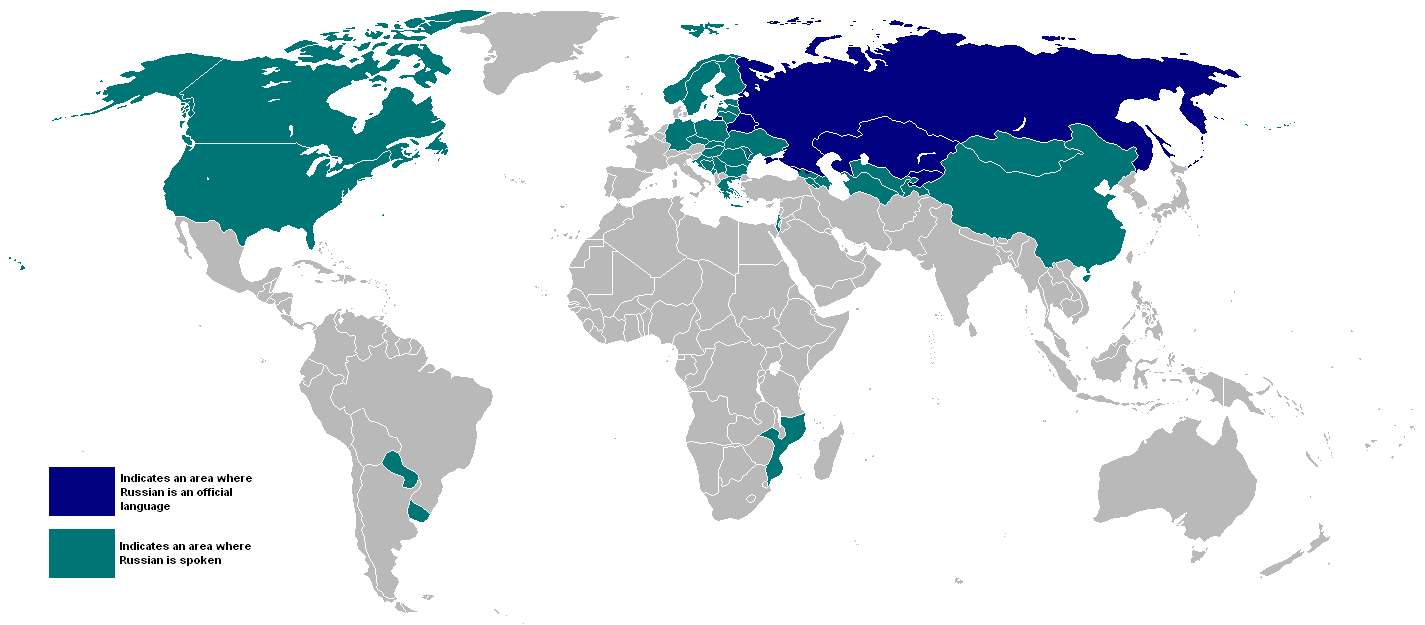Prompt: It is okay for the government to mislead to promote security?
I disagree with this prompt.
As seen in the documentary Control Room, the government often silences certain information and emphasizes other information. Often, information from testimonials or statements are taken out of context by the media, ultimately influenced by the government. Often taken out of context, the media represents situations and ideas in a different, biased light.
Within the documentary, it was evident that the Americans were trying to present themselves as the good-doers. To do so, they produced and influenced the media to be univocal about the War in Iraq. The government of the United States ultimately controlled the information being released to the press to mislead. The motive behind this was to promote security, namely of the US intervention in Iraq. They feared that if too much information were leaked, it would become a threat to the safety of the intervention. An example was the US soldier defending why the US government hadn't released the exact location of the US troops after 'reoccupying' the land.
The media broadcast Al Jazeera opposed in governments misleading to promote security. They did so through multivocality within their broadcast, instead of propaganda and bias information. This channel, in particular, showed a more honest perspective on the Iraq War, in my opinion, than the news influenced solely by the US press releases. By providing as many, non-radical or pure propaganda, viewpoints within their broadcast, Al Jazeera allowed the audience to understand the Iraq War much better as they implied the effects on all different groups.
This was unlike the univocal US-influenced news released by media outlets as these only focussed on the Americans being the center of importance, rather than showing the implications the interventions had on the local people. Al Jazeera displayed the bitter truth, the reality that the governments didn't want to show their people.
Despite the intentions of promoting security, it is generally better not to mislead the people. However, there are of course exceptions to these if the information released imposes a major threat on specific groups of people. However, it then may be more beneficial not to publish certain details fully until it doesn't impose such a big threat anymore, rather than completely misleading the audience.
Documentary: Control Room
I disagree with this prompt.
As seen in the documentary Control Room, the government often silences certain information and emphasizes other information. Often, information from testimonials or statements are taken out of context by the media, ultimately influenced by the government. Often taken out of context, the media represents situations and ideas in a different, biased light.
Within the documentary, it was evident that the Americans were trying to present themselves as the good-doers. To do so, they produced and influenced the media to be univocal about the War in Iraq. The government of the United States ultimately controlled the information being released to the press to mislead. The motive behind this was to promote security, namely of the US intervention in Iraq. They feared that if too much information were leaked, it would become a threat to the safety of the intervention. An example was the US soldier defending why the US government hadn't released the exact location of the US troops after 'reoccupying' the land.
The media broadcast Al Jazeera opposed in governments misleading to promote security. They did so through multivocality within their broadcast, instead of propaganda and bias information. This channel, in particular, showed a more honest perspective on the Iraq War, in my opinion, than the news influenced solely by the US press releases. By providing as many, non-radical or pure propaganda, viewpoints within their broadcast, Al Jazeera allowed the audience to understand the Iraq War much better as they implied the effects on all different groups.
This was unlike the univocal US-influenced news released by media outlets as these only focussed on the Americans being the center of importance, rather than showing the implications the interventions had on the local people. Al Jazeera displayed the bitter truth, the reality that the governments didn't want to show their people.
Despite the intentions of promoting security, it is generally better not to mislead the people. However, there are of course exceptions to these if the information released imposes a major threat on specific groups of people. However, it then may be more beneficial not to publish certain details fully until it doesn't impose such a big threat anymore, rather than completely misleading the audience.
Documentary: Control Room






